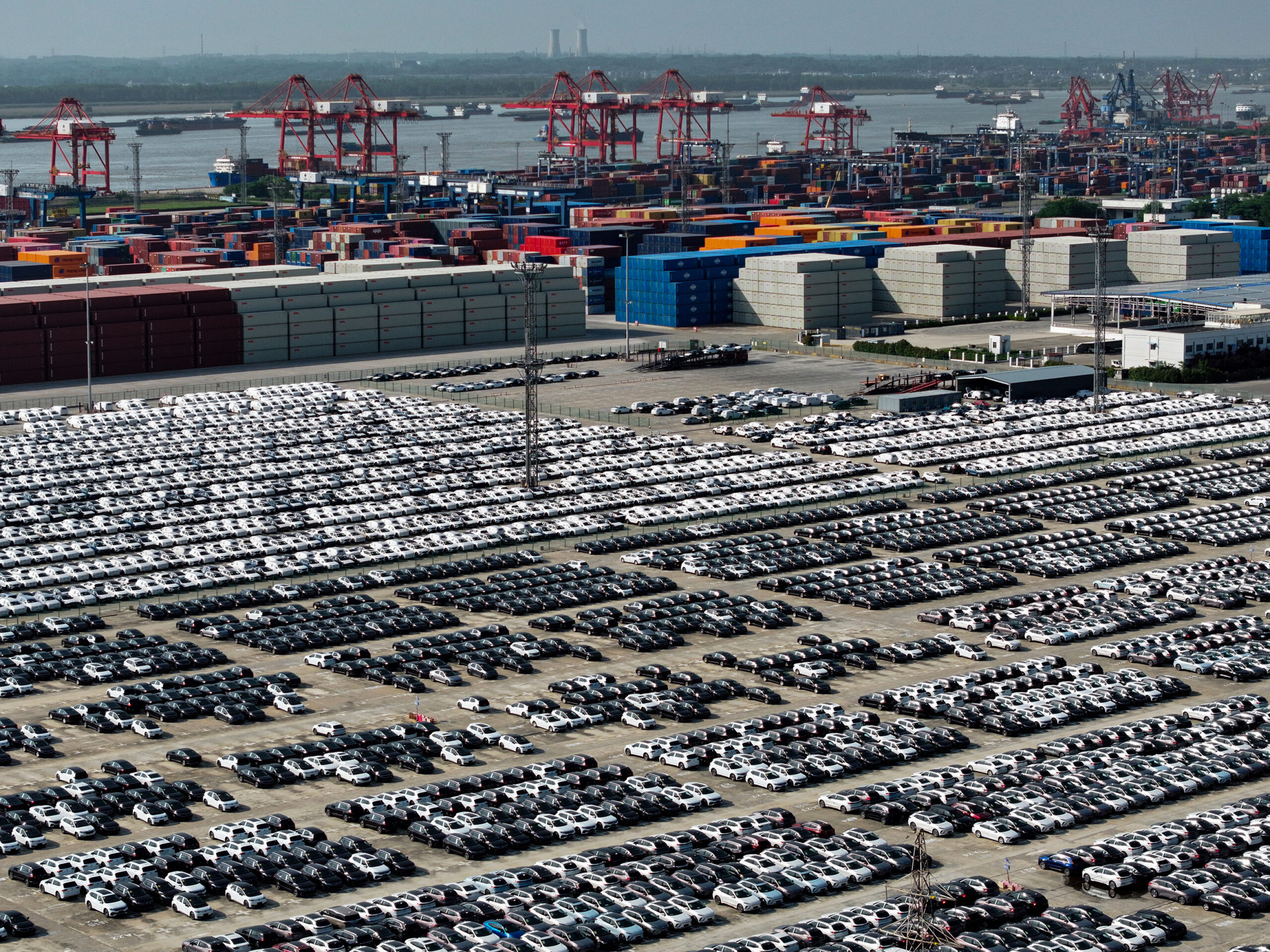EU To Impose Up To 48% Tariffs On Chinese Electric Cars

Brussels Acts Against Subsidised Imports Despite German Trade War Fears
The European Union will introduce tariffs up to nearly 50% on Chinese electric vehicles (EVs), ignoring warnings from Germany about potential trade war repercussions with Beijing.
The European Commission informed car manufacturers on Wednesday of its provisional plan to apply extra duties between 17% and 38% on Chinese EV imports starting next month. These will add to the existing 10% tariffs on all Chinese EVs, based on compliance with an EU anti-subsidy investigation initiated last September.
Key exporters like BYD and Geely will face additional individual tariffs ranging from 17% to 20%. European brands, such as Mercedes and Renault, exporting EVs made in China, will incur a 21% duty. Tesla might get a custom duty rate, the commission stated.
Companies deemed uncooperative, including Shanghai's state-owned SAIC, will be hit with a 38% rate. SAIC has led the lower end of the European EV market through its MG brand.
"We must act against the surge of subsidised Chinese electric vehicles," Valdis Dombrovskis, EU trade commissioner, told the Financial Times. "Our industry is at risk."
Chinese manufacturers cooperating with the EU probe but not assigned specific rates will face a 21% average rate, including European firms like Mercedes and Renault.
Dombrovskis aims to negotiate with Beijing before definitive duties are imposed on July 4. "We are open to discussing alternative solutions."
China's commerce ministry expressed strong dissatisfaction, promising to protect Chinese companies' rights. "The EU is politicising economic and trade issues," the ministry said. "The EU has exaggerated the so-called subsidies, acting in a nakedly protectionist manner."
These tariffs, led by France, are expected to generate billions for the EU budget annually as Chinese EV sales rise in Europe. In 2023, China exported €10bn worth of electric cars to the EU, according to Rhodium Group analysts.
Beijing, already applying a 15% tariff on European EVs, has tried to persuade EU members to oppose the new tariffs. Germany, Sweden, and Hungary are against the move, fearing Chinese retaliation. EU officials noted that Berlin pressured Ursula von der Leyen to halt the anti-subsidy investigation.
Steffen Hebestreit, spokesperson for German Chancellor Olaf Scholz, welcomed the commission's offer of talks with Beijing. "There is time until July 4 to reach a mutual agreement," Hebestreit said.
Dombrovskis claimed broad support among member states. The Kiel Institute estimated that a 20% tariff on Chinese EVs would cut imports by a quarter, equating to 125,000 units worth nearly $4bn. This reduction would likely be offset by increased EU production and lower EV export volumes, leading to higher consumer prices.
Dombrovskis noted that the market share of Chinese EV imports rose from 4% in 2020 to 25% in September 2023. His department found evidence that Chinese carmakers and their suppliers received subsidised loans, tax breaks, and cheap land.
Many EU carmakers worry about potential Chinese retaliation or market exclusion. Germany's car exports to China fell by 15% in 2023 to 216,299 units.
Geely owns Sweden's Volvo. Prime Minister Ulf Kristersson, along with Scholz and Hungary’s Viktor Orbán, opposes the tariffs. To overturn the decision, they need the support of at least 12 other governments before November 2.
BYD, Geely, SAIC, and Tesla China did not immediately comment. Shanghai-based Nio, heavily invested in the EU market, stated that tariffs hinder global environmental efforts but remained hopeful for a solution.
World Liberty Seeks Federal Trust Charter
World Liberty Financial, the crypto venture backed by the Trump family, has applied for a US national bank trust charter... Read more
Saudi Banks Tap Overseas Markets
Saudi Arabia’s banks are borrowing from international markets at their fastest pace on record, as lenders try to squar... Read more
Amazon Continues To Cut 16000 Gone
Amazon has announced plans to cut a further 16,000 roles from its corporate workforce, extending the cost and organisati... Read more
The UK May Have A Voice In Ai
Europe’s AI sector has grown accustomed to playing catch-up. Capital has flowed more slowly than in Silicon Valley, va... Read more
Musk Applies Pressure To BT
Britain’s broadband market has spent the past decade locked in a familiar pattern. Incumbents invested heavily in fibr... Read more
Blackrock Sees EMEA Moving Into Private Assets
BlackRock has warned that investors across Europe, the Middle East and Africa are reshaping portfolios in response to wh... Read more

